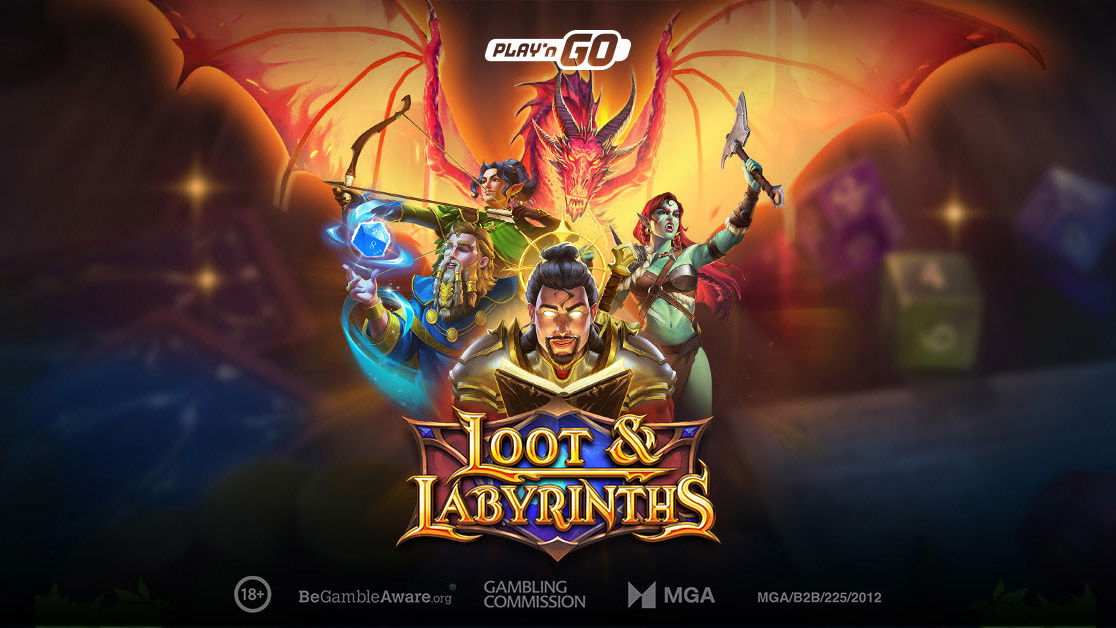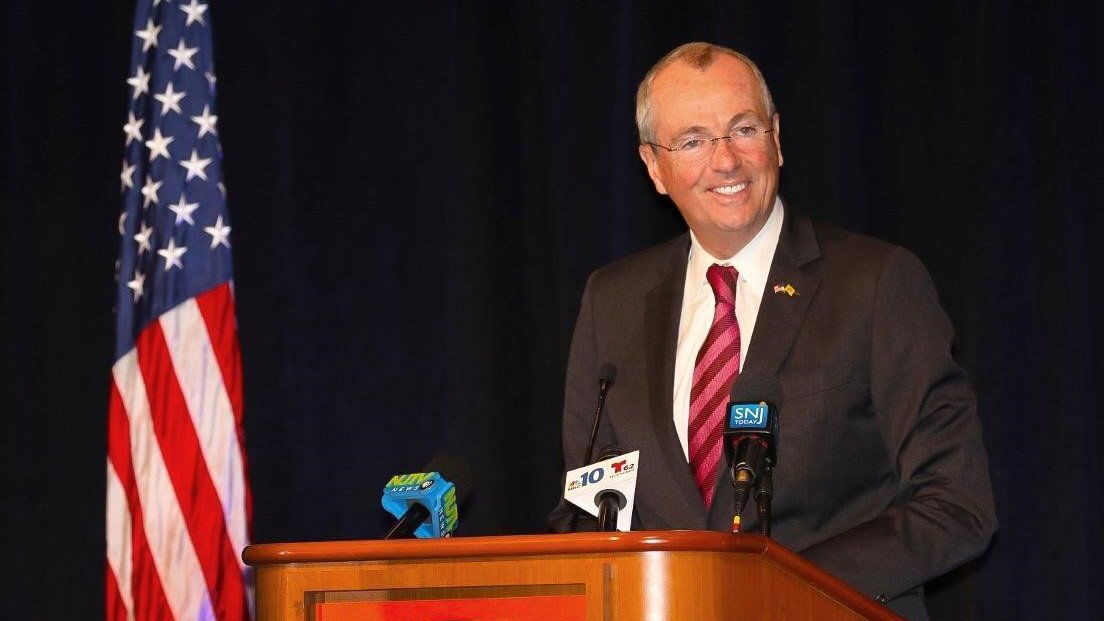More than 60% of betting sites are either unlicensed or "under-regulated," ARF report finds

The Asian Racing Federation’s Council on Anti-illegal Betting and Related Financial Crime released Wednesday its “State of Illegal Betting” report. It examines the current situation of illegal betting, and warns that 61% of betting websites are either unlicensed or “under-regulated,” the latter meaning they operate in jurisdictions where they do not have a license.
The report from the ARF —a regional federation comprising 27 national racing authorities and racing-related organizations from across Asia, Oceania, Africa and the Middle East— also analyzes illegal betting in relation to legal, and what both will look like in the future.
It includes an analysis of over 500 betting sites to examine their licensing status, products offered, website traffic, server locations, and other data points. Notably, the study found that only 39% sites are licensed and regulated; and that three jurisdictions (Curacao, Malta, Philippines) are responsible for 62% of the licenses that are under-regulated (i.e. illegal in most countries).
Additionally, the report found traffic to illegal and legal betting websites has grown by 37% from 2019/20 to 2020/21; and that traffic growth during the pandemic is much greater in illegal betting markets (including both under-regulated and unlicensed) when compared to regulated and legal ones (a 64% increase vs a 36% increase).
A common practice found among operators in the report involves “mirror websites,” which is when the same betting website is hosted on more than one URL in order to evade regulatory attention. In some instances, the report found that operators may experience much more traffic to mirror websites than to their “main” domain.
Other key findings include that horse racing remains a significant betting product available on approximately 36% of all betting websites, with racing from ARF member jurisdictions featured on 82% of these; and football, basketball and tennis remain the most prevalent sports for global betting.
Notably, the report found most (81%) sports betting websites offer many more products than just sports betting: e-sports is now available on 63% of all websites, which the ARF considers a significant development given the product’s particular appeal to younger demographics.

Global demand for online betting continues to accelerate faster “than some stakeholders’ understanding of key issues,” the federation says, with illegal betting growing at a much faster rate than legal. This is labeled by the ARF as a fact that should concern licensed and regulated operators but also authorities in sports, government regulators and other stakeholders.
According to the report, so-called “white-label” licensing is a key weak spot in even some well-regulated markets, which enables illegal betting operators to portray themselves -typically to customers in areas where online betting is illegal or heavily restricted – as licensed operators, including respected regulatory regimes such as the United Kingdom.
“This blurring of the lines has a significant impact on consumers, who cannot tell what is legal or illegal in their jurisdictions,” the ARF claims. “This is not only a fine legal distinction but has damaging impacts on users and wider society, since illegal websites are associated with greater gambling harm than legal.”
In addition to website analysis, the report features commentaries from ARF council members on the greater negative impacts of illegal betting and international issues around corruption in sport; plus contributions from INTERPOL and the UNODC regarding their views on the relationship between illegal betting, sports corruption, and organized crime.
“The report points out that the globalized growth of illegal betting results in major threats to the integrity of racing and other sports, the growth of transnational organized crime, and gambling harm to customers,” said Winfried Engelbrecht-Bresges, Chairman of the Asian Racing Federation.
The Chairman argues that while licensed and well-regulated betting operators provide essential financial support to the sport of racing via levies, betting duty and other support payments, illegal betting doesn’t, and he described this activity as “a major current global social problem that requires continued attention.”
The ARF’s new report is intended to assist government policy-makers, regulators, law enforcement officers and those involved in the governance and management of horse racing and other sports, as well as people in the racing and betting industries, to comprehend the current scale, scope and harm to society of illegal betting and related financial crime.


















































